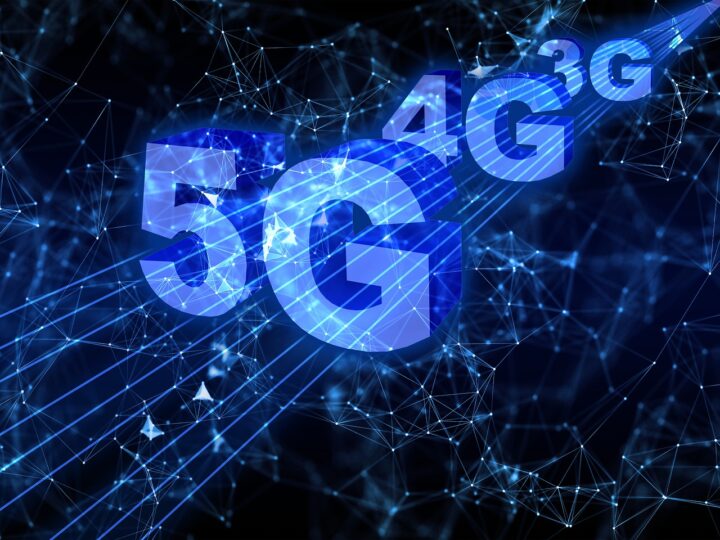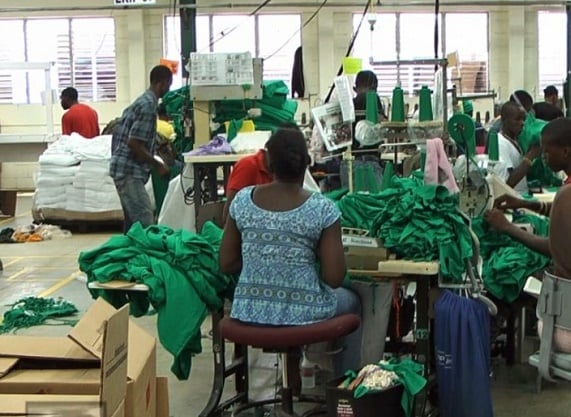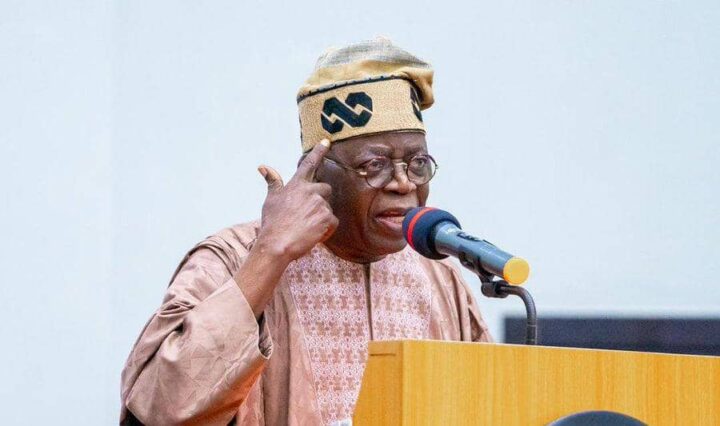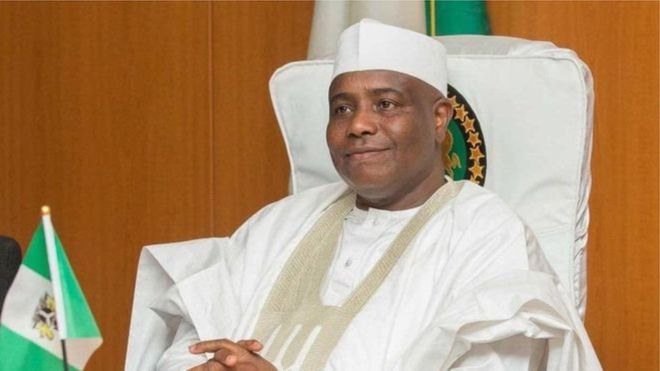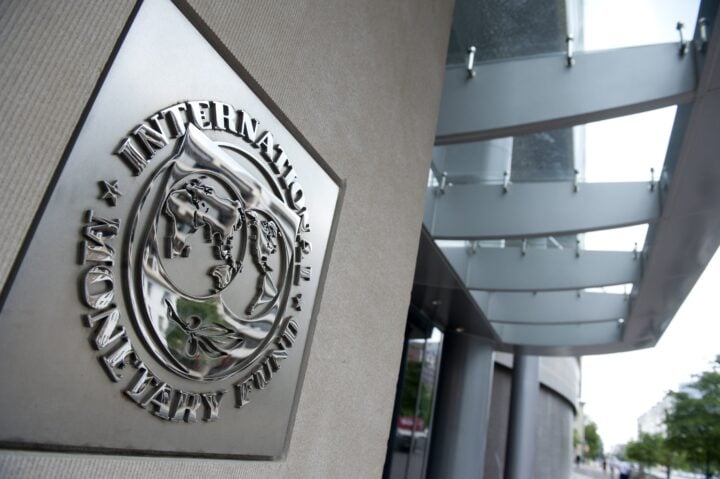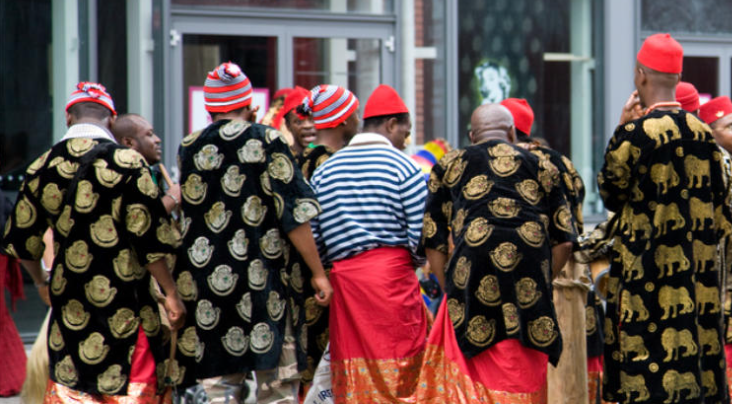Looking at the unfolding scenario in the telecommunications industry, it is coming home real strongly that there was always going to be a scramble for ownership in the deployment of 5G globally. In this scramble, the people will have to be in the frontline and the governments have to add a patriotic flavour of acting in defence of their own people in order to secure a justification for their actions.
But the real intention is veiled. It’s not really about business or who makes the most humongous amount; no, it is about yesterday, today and tomorrow and well into the future. A guy who tried to give me a schoolboy understanding simply explained that whoever controls 5G will control the future of the world. And really the big superpowers don’t want to have anybody play close to that exclusive propinquity of strength where Armageddon could be activated within minutes.
Yes. They want to control the mysteries of the world, especially the ones hidden from the understanding of the developing countries whose lot is to scramble for the daily concerns of life. That battle is always defined by leaders, those who really understand the meaning of nationhood and how to nurture it into perpetuity. Those who know that life is real competition and unannounced war games that must be approached with tact. Leadership is not for playboy politicians who stack away the people’s money and, at the least call of headache, run to holiday resorts in the guise of medical tourism, but leaders who could take bruising decisions that could hurt them and even the people in the short run, but yield growth results well into the future.
While a number of African countries were fighting for independence in the late 50s, the Soviet Union, which had since fragmented into smaller countries with Russia and Ukraine standing out, was already in space with Sputnik launched October 4, 1957. The space war had begun, and the war was unannounced but being fought in the field of technology. Leaders of nations were stoking the war.
Advertisement
After making several speeches where he declared that the race for space was too important for America to concede to any country, President J.F. Kennedy addressing the Congress on May 25, 1961, issued a strong challenge to his nation, “I believe that this nation should commit itself to achieving the goal, before this decade is out, of landing a man on the moon and returning him safely to the Earth.”
July 20, 1969, America’s Apollo 11 landed on the moon with three astronauts – Neil Armstrong, Buzz Aldrin and Michael Collins. While Armstrong was the first to plant his leg on the moon, followed by Aldrin, the two men planted the American flag on the moon with another message on a plaque: “Here men from the planet Earth first set foot upon the moon. July 1969 A.D. We came in peace for all mankind.”
Having conquered space, is there peace in the world? Nigerians will confess that with all the killings going on in different parts of the country, they don’t know the meaning of peace any more. With a near obliteration of some cities in Ukraine by Russia, the Ukrainians will spit on the word, peace. In the telecoms ecosystem, the battle is fierce, very fierce and no country wants to yield any space. This is what has instigated this material.
Advertisement
In the next few months, Nigeria will join some elite countries of the world to enjoy 5G signals after an auction that yielded $273.6m per lot and $547.2m cumulatively for the two lots. The country has remained very effusive, seeing the success of the auction as a vote of confidence by the international community, even if system failures are noticeable across spectrums of the various sectors. After the necessary paperwork and frequency allocation, both Mafab and MTN are putting their houses in order for an epochal service launch. While it will be advised for leaders to lead the country right in picking our pieces together, it will also be advisable that the authorities go beyond the euphoria of 5G launch to look at the stories unfolding in other parts of the world and find a convenient but promising spot for Nigeria.
China, with her big tech companies leading the 5G revolution, has been at the centre of some of these stories. A country that perennially feels diminished and unappreciated irrespective of groundbreaking achievements, China remains a bright star in the development of 5G technology which it marketed so aggressively around the world until other countries who had similar technology concluded that they could not compete with China in pricing. This has not gone down well with the rest of the world. The scramble to control the future broke in the open and, another word, trust, was thrown in the discourse to attract sentiments over jurisdictional claims. China could not be trusted, and so is their technology!
The big story in the past few days is the ban placed by Canada on Chinese tech behemoths, Huawei and ZTE, over safety concerns and protection for Canadians.
The ban, according to industry Minister, Francois-Philippe Champagne, will improve Canada’s mobile internet services and protect the safety and security of Canadians.
Advertisement
But Huawei Canada has fired back, saying that this is a political decision that has nothing to do with cyber security and the safety of the people.
The development was only waiting in the corner to actually happen. All through his stay in government, President Donald Trump had a running battle with China on 5G and took sundry measures to contain the country’s domineering hold on the technology. This is a matter of government policy and not party. It is not the PDP or APC story in Nigeria but decisions taken apolitically from the nation’s point of view that must be sustained over time.
President Joe Biden inherited that legacy and has sustained it with even more robustness. Biden matched words with action by signing into law a piece of legislation that forbids companies considered as threats from doing business in the U. S. tech sector. The Secure Equipment Act forbids the Federal Communications Commission (FCC) from reviewing applications from companies ruled a threat.
FCC Commissioner Brendan Carr said at the time that the Secure Equipment Act would “help to ensure that insecure gear from companies like Huawei and ZTE can no longer be inserted into America’s communications networks”.
Advertisement
The world seems to be closing in on China as they put restrictions on their tech operations. The United Kingdom and Australia have already put their restrictions in place, with all decisions taken as part of security measures to protect businesses and people. While the world does not understand China’s tech growth in sustained moments of orchestrated insularity, its leaders are not prepared to allow them spread their growth, pleading the people and their security as faithful alibi.
The developed countries also want their tech companies to play a more leading role in the development and deployment of 5G in their domains and other domains of the world, as a way of providing jobs and tech know-how for their people and keeping hold of the future of the world.
Advertisement
5G is monster technology that will rule today, tomorrow and far into the future. The developed world is taking a declared position to dominate it. The Nigerian authorities should also take a position, by ensuring that Nigeria is not just a user or consumption nation but a developer of, and contributor to a transformative technology whose import could be close to the very day a country’s flag and some messages were left on the moon.
The 5G war is real. Nigeria should plunge in without restraints.
Advertisement
Views expressed by contributors are strictly personal and not of TheCable.

